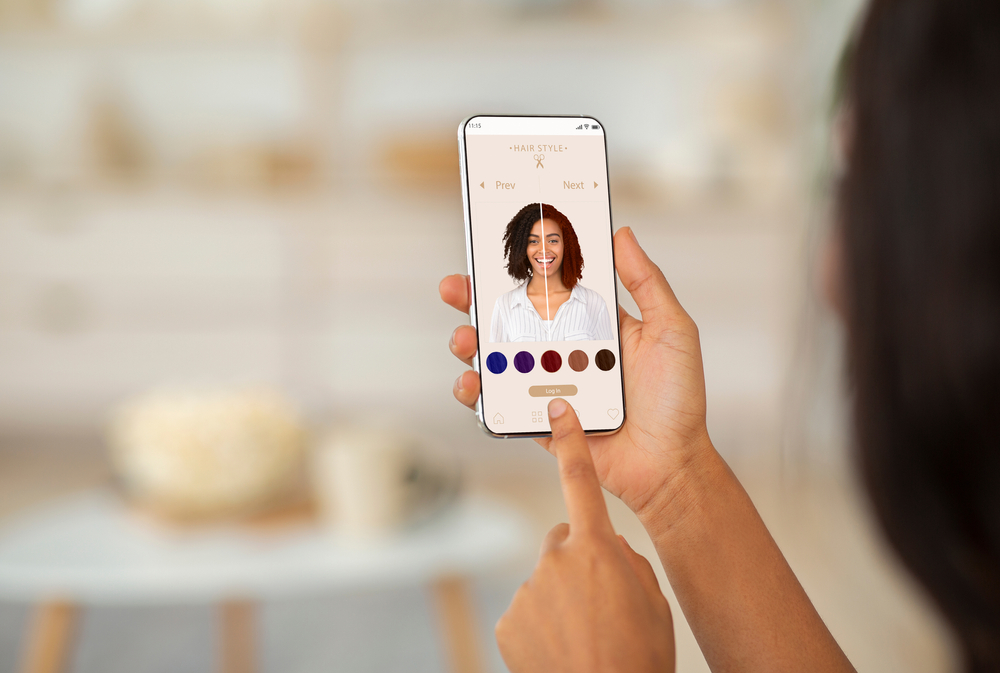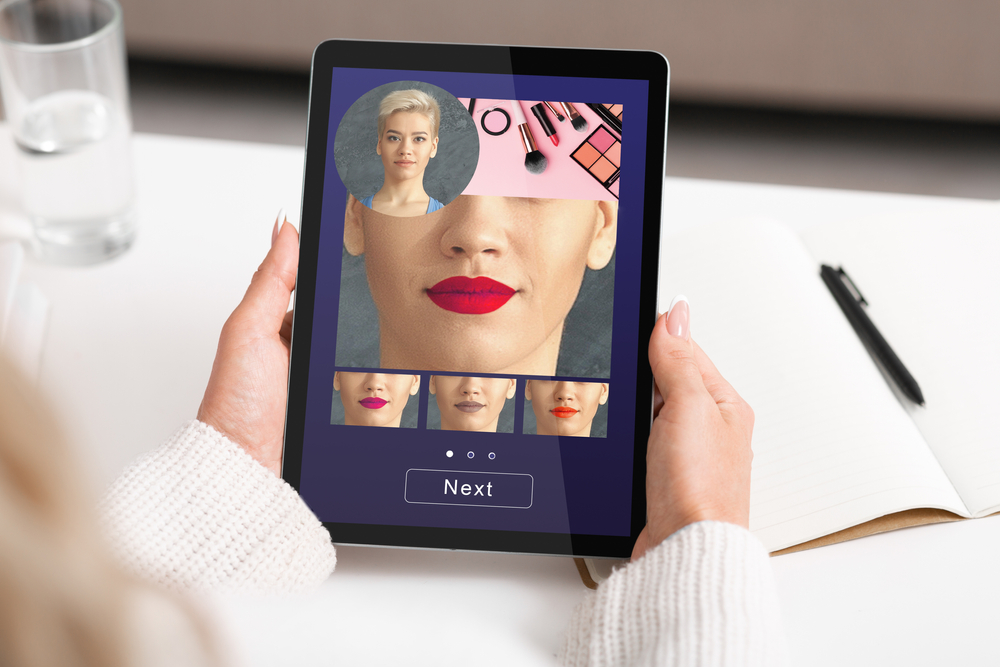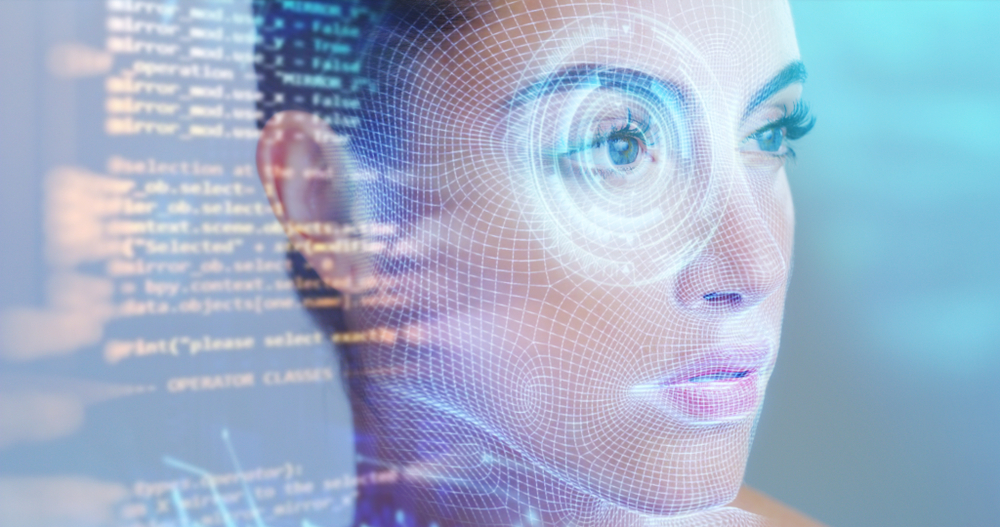Innovation has always been the driving force behind the beauty sector’s ongoing evolution to accommodate the shifting needs and tastes of consumers. Artificial intelligence (AI) and augmented reality (AR) technologies have revolutionized the market in recent years, giving rise to the idea of virtual beauty. Virtual beauty harnesses the power of AI and AR to provide consumers with convenient, personalized, and immersive beauty experiences. The essay examines the importance of AR and AI to the beauty sector and how they are influencing the direction of virtual beauty in the future.
AR in the Beauty Industry
- In the beauty sector, augmented reality has changed the game by bridging the gap between analog and digital encounters. Customers may virtually try on makeup, and hairstyles, and even experiment with alternative appearances utilizing AR technology on their smartphones or other devices in real-time.

- Virtual cosmetic tools and applications have become quite popular because they let customers see products on their faces before making a purchase. Through AR, customers can experiment with different colors, textures, and fashions, enabling them to make better judgments and improve their overall buying experience.
- Leading cosmetics companies are using augmented reality to interact with consumers in novel ways. Some businesses allow people to virtually test out various things without physically visiting a store by providing virtual try-on capabilities on their websites or mobile apps.
- Customers can experiment with various makeup looks using AR-enabled beauty mirrors at retail establishments, doing away with the necessity for conventional testers and encouraging hygienic practices. In addition to increasing consumer engagement, these interactive experiences also help to promote sales and customer loyalty.
AI in the Beauty Industry
- The beauty business has benefited greatly from artificial intelligence, particularly in the areas of product recommendation and personalization. To offer individualized beauty recommendations, AI systems comb through enormous volumes of data, including consumer preferences, skin types, and face traits. By offering personalized product recommendations and beautification regimens, marketers may improve the overall client experience.
- Machine learning algorithms are used by AI-enabled skincare applications and gadgets to evaluate users’ skin issues and provide customized skincare regimens. These apps can examine details like skin type, age, environmental factors, and even geographic location to offer items that deal with particular issues. These suggestions get more accurate over time thanks to AI’s capacity to continuously learn and adapt, which produces better skincare results.
Virtual Beauty’s Impact
- The way consumers interact with beauty businesses and goods has changed as a result of the integration of AR and AI in the beauty sector. Consumers are empowered to make wise selections thanks to the convenience, accessibility, and customization offered by virtual beauty experiences.
- AR and AI technologies bridge the gap between consumers and beauty items by providing personalized recommendations and virtual try-on features, transcending time and space restrictions.

- Virtual beauty experiences are advantageous for both customers and the beauty industry as a whole. By standing out in a congested market, brands that use AR and AI technology get a competitive advantage. Through the use of these technologies, businesses can strengthen their ties with customers, boost customer happiness, and boost revenues.
- Additionally, the information gathered from virtual beauty experiences can be used to develop new products, gain market insights, and launch targeted advertising campaigns.
A new era in the history of the beauty industry has been ushered in by virtual beauty, fueled by AR and AI technologies. The way that consumers browse, choose, and engage with beauty goods has been completely reimagined by AR and AI thanks to their immersive experiences, tailored recommendations, and convenient try-on features. We may anticipate additional breakthroughs and improvements in the field of virtual beauty as technology develops, giving consumers access to even more personalized and engaging experiences. The future of the beauty industry lies in the seamless fusion of the digital and physical worlds, bringing beauty to life in ways we could never have envisaged in the past.

